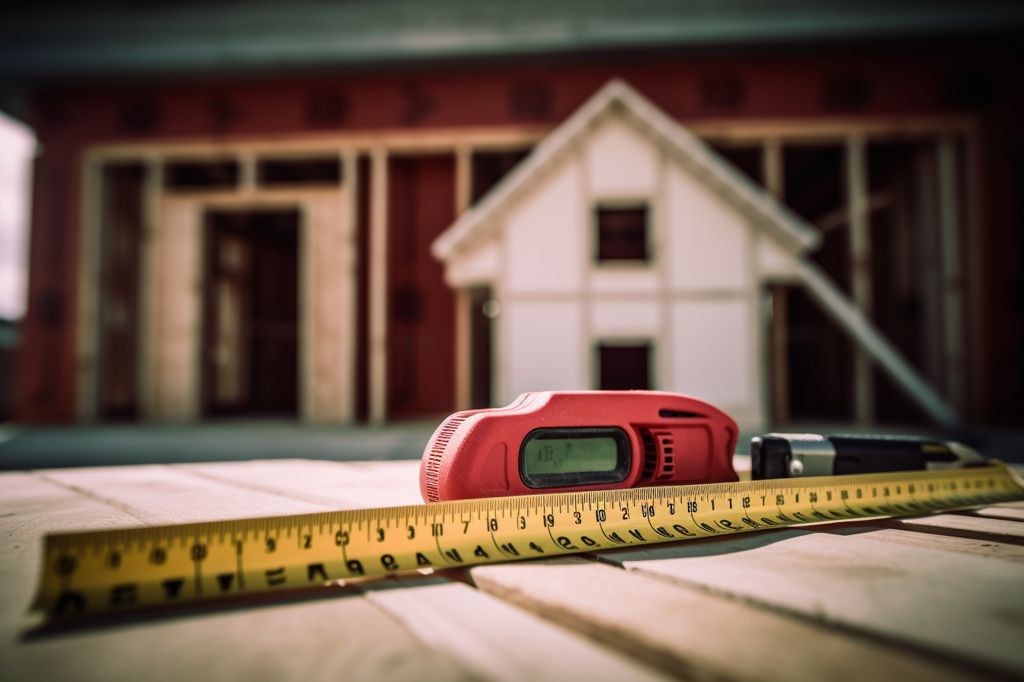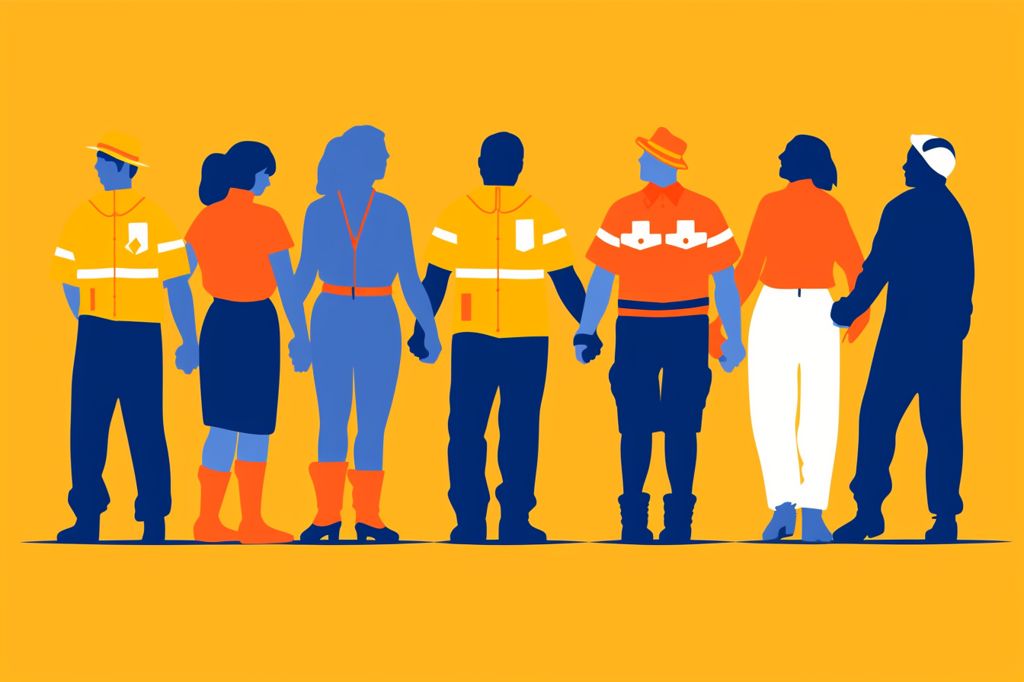The South African government has recently introduced the Housing Consumer Protection Bill 2021 to provide better protection to housing consumers and address their grievances related to the home building and construction industry. This bill aims to safeguard the interests of housing consumers by proposing the continuation of the National Home Builders Registration Council as the National Home Building Regulatory Council and registering builders.
Establishing Home Warranty Fund for Financial Protection
The proposed measures seek accountability and standardization in the housing sector, benefiting consumers and builders. The bill establishes the home warranty fund, which enrolls homes for coverage, regulates builder conduct, and handles claims against the fund. This fund is expected to provide financial protection to housing consumers who might suffer from substandard artistry by builders.
Ensuring Builders’ Accountability and Standardisation in Housing Sector
Moreover, the bill outlines the fund’s management and Council expenditure, procurement, and contractual matters related to building homes. By regulating these aspects, the bill seeks to ensure that housing consumers are protected from unscrupulous builders who might take shortcuts in constructing houses, resulting in substandard homes that pose a risk to the health and safety of occupants.
Conducting Public Hearings for Citizens’ Protection
The North West Provincial Legislature’s efforts to conduct public hearings on the Housing Consumer Protection Bill 2021 demonstrate its commitment to the democratic process and citizens’ protection. The public hearings allow stakeholders to voice their concerns and provide feedback on the proposed measures. Media members are also invited to attend the public hearings and report on the proceedings.
Overall, the Housing Consumer Protection Bill 2021 is a significant step towards providing better protection to housing consumers. Public hearings are essential to the democratic process that will help determine the bill’s feasibility. The bill seeks to bring about necessary reforms in the housing sector and ensure that housing consumers are protected from unscrupulous builders. The North West Provincial Legislature’s efforts to conduct public hearings demonstrate its commitment to ensuring that the interests of citizens are protected.










